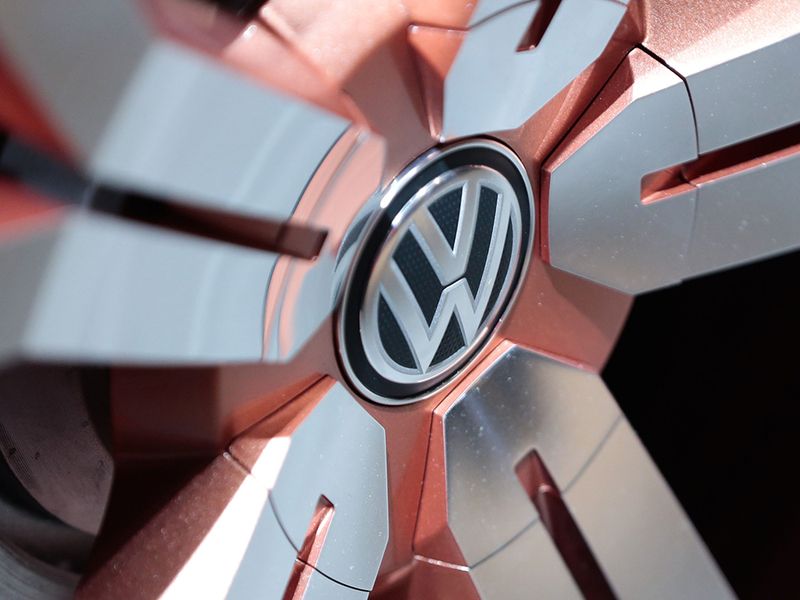
Volkswagen has lost tens of thousands of cars in production in China due to the global chip supply shortage that is hitting automakers around the world.
“It was hurting us already in December and we lost some 10,000 cars since then simply because we lost 50,000 cars in production in December because of some chips,” VW’s China head, Stephan Wollenstein, said during an online media briefing Wednesday.
Wollenstein said the chip shortage is mainly impacting models using the automaker’s Electronic Stability Program, a system of sensors that works with a car’s Anti-lock Braking System to prevent the wheels seizing up after an unexpected swerve.
Some other components may also be affected, he said, without providing further detail.
“You see how vulnerable our industries are if only one chip is missing,” Wollenstein said. “This will unfortunately continue in the first quarter.” The company is in the process of contacting chipmakers worldwide to better shore up supply.
China is a critical market for the automaker, with VW’s sprawling Chinese operations accounting for about 40 percent of global vehicle deliveries and a large chunk of profits.
VW on Tuesday set the starting price of its first locally built full-electric SUV, the ID4, with Chinese partner FAW Group at 199,900 yuan ($30,800) after subsidies, marking a play for the mass market as a growing number of automakers jostle for share in Asia’s biggest economy.
VW, with local partners, delivered 3.85 million vehicles in China last year, down 9.1 percent from 2019, largely because of the coronavirus pandemic.
Rainer Seidl, the executive vice president of Volkswagen Group China who is responsible for finance, said Wednesday the outlook for 2020 year is more positive, with growth expected to be in line with GDP, which market watchers put at around 8 percent.
Automakers around the world have been hit in recent weeks by a worsening global semiconductor shortage that’s led to production cuts and staff layoffs.
Wollenstein said he hoped the shortage would end by March but warned it may persist into the second quarter.
While models from Tesla and Chinese EV startup Nio, may pose challenges for VW’s Audi brand, its ID range targets the masses and the first is about 40 percent cheaper than Tesla’s Model Y.
Tesla began delivery of its made-in-China Model Y SUV earlier this month. It sold 23,479 of its lower-end Model 3 sedans in December, data from China Automotive Information Net show.
“We aim for cars for millions, not for millionaires,” Wollenstein said.